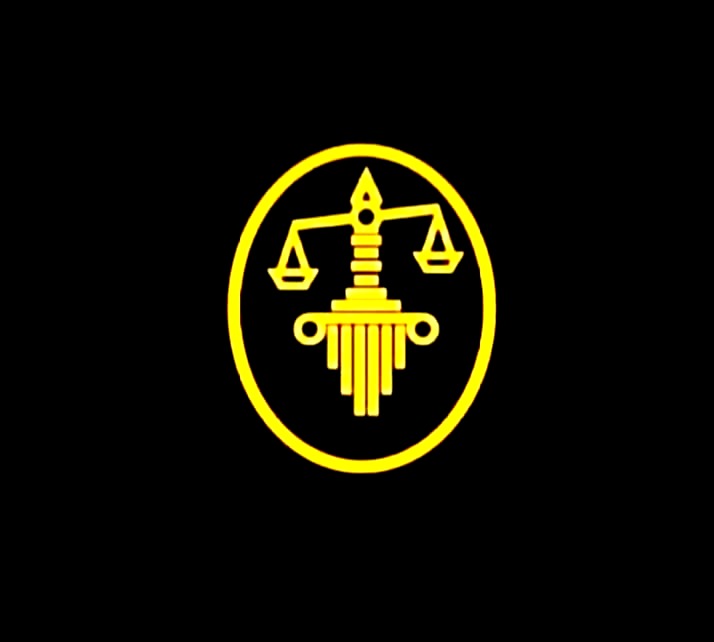High Court Defines Grounds for Setting Aside Ex Parte Judgments: Advocate Negligence, Fraud, and Due Diligence in Land Disputes.
- Lawpointuganda

- Dec 12, 2024
- 3 min read

High Court has held that,
Direct service, and even substituted service, are effective solutions for ensuring that litigants who fail to pursue their interests in court do not use the negligence of their advocate as an excuse for not attending court.
In this case, the applicant's advocate had a duty to ensure that the applicant was aware of the progress of the case and informed of any steps that needed to be taken; however, this was not done.
For the court to set aside an ex parte judgment, the applicant must satisfy the court that she was prevented by sufficient cause from appearing when the suit was called for hearing.
Facts
The Applicant filed an application under the Judicature Act and Civil Procedure Rules seeking to set aside a judgment and decree issued in Civil Suit No. 178 of 2017. The judgment directed, among other things, the cancellation of the Applicant's certificate of title for the disputed land, payment of UGX 100,000,000 in general damages to the Respondent, and costs of the suit. The Applicant argued for reinstatement of the case to be heard inter partes, citing the following grounds:
📍The suit was decided ex parte, and the Applicant was unaware of the proceedings because her lawyers failed to inform her.
📍She was prevented by just cause from defending herself and presenting evidence to prove her ownership of the disputed land.
📍The Applicant claims to have a strong defense, being a bona fide purchaser with a valid certificate of title.
📍The errors and negligence of her former advocate should not result in her being condemned unheard.
📍She faces gross infringement of her constitutional rights, irreparable loss, and prejudice if the judgment and decree are not set aside.
The Respondent opposed the application, asserting that:
📍The Applicant was duly served through her lawyers but failed to attend court or demonstrate vigilance during mediation, trial, and taxation proceedings.
📍The Applicant's claims of constitutional violations are baseless, as her representation was still valid on record.
📍The suit land title was fraudulently acquired, and her defense lacks merit since she no longer holds the title.
📍The Respondent has already executed the judgment, including cancellation of the Applicant’s certificate of title and becoming the registered proprietor.
📍Setting aside the decree would prejudice the Respondent and lead to unnecessary litigation, contrary to public policy.
Ruling
The High Court addressed the principles governing the setting aside of ex parte judgments under Section 98 of the Civil Procedure Act and Order 9 Rule 27 of the Civil Procedure Rules (CPR). It noted that courts are empowered to make orders to serve the ends of justice, including setting aside ex parte decrees if the applicant demonstrates sufficient cause, such as lack of proper service or prevention from appearing due to justifiable reasons.
In defining "sufficient cause," the Court referred to Black's Law Dictionary (8th Edition, p. 231), which equates it with "good cause" or "just cause." It also cited Captain Phillip Ongom v Catherine Nyero Owota (SCCA No. 14 of 2001), which held that sufficient cause may include advocate negligence, illness, or ignorance of procedural requirements, provided there is no bad faith or inordinate delay by the applicant. Additionally, it affirmed that advocate negligence should not be unfairly visited upon an innocent litigant unless the litigant was complicit in the advocate's default (Zam Nalumansi v Sulaiman Lule, SCCA No. 2 of 1992).
In this case, the applicant argued that she was unaware of the proceedings due to her lawyer's negligence. While the Court found sufficient cause to set aside the ex parte judgment, it also noted that the application was overtaken by events. Fraud had been committed by a co-defendant, who forged documents to transfer the applicant’s land. The applicant was found negligent for failing to conduct proper due diligence, but no fraud was imputed to her.
The Court held that reinstating the case would not alter the outcome, as the applicant was primarily a victim of the co-defendant’s fraud. The application was dismissed, with the following orders:
The applicant is liable for only one-third of the general damages (UGX 100 million) and costs.
The applicant must cover the costs of the dismissed application.
The Court advised the applicant to seek recovery from the fraudulent co-defendant.
Takeaways:
Litigants must exercise vigilance in monitoring their cases and ensuring their advocates act diligently.
Negligence by counsel can constitute sufficient cause to set aside an ex parte judgment, but courts require proof of good faith and timely action.
Read the full case https://ulii.org/akn/ug/judgment/ughcld/2024/278/eng@2024-12-09






.jpg)

Comments